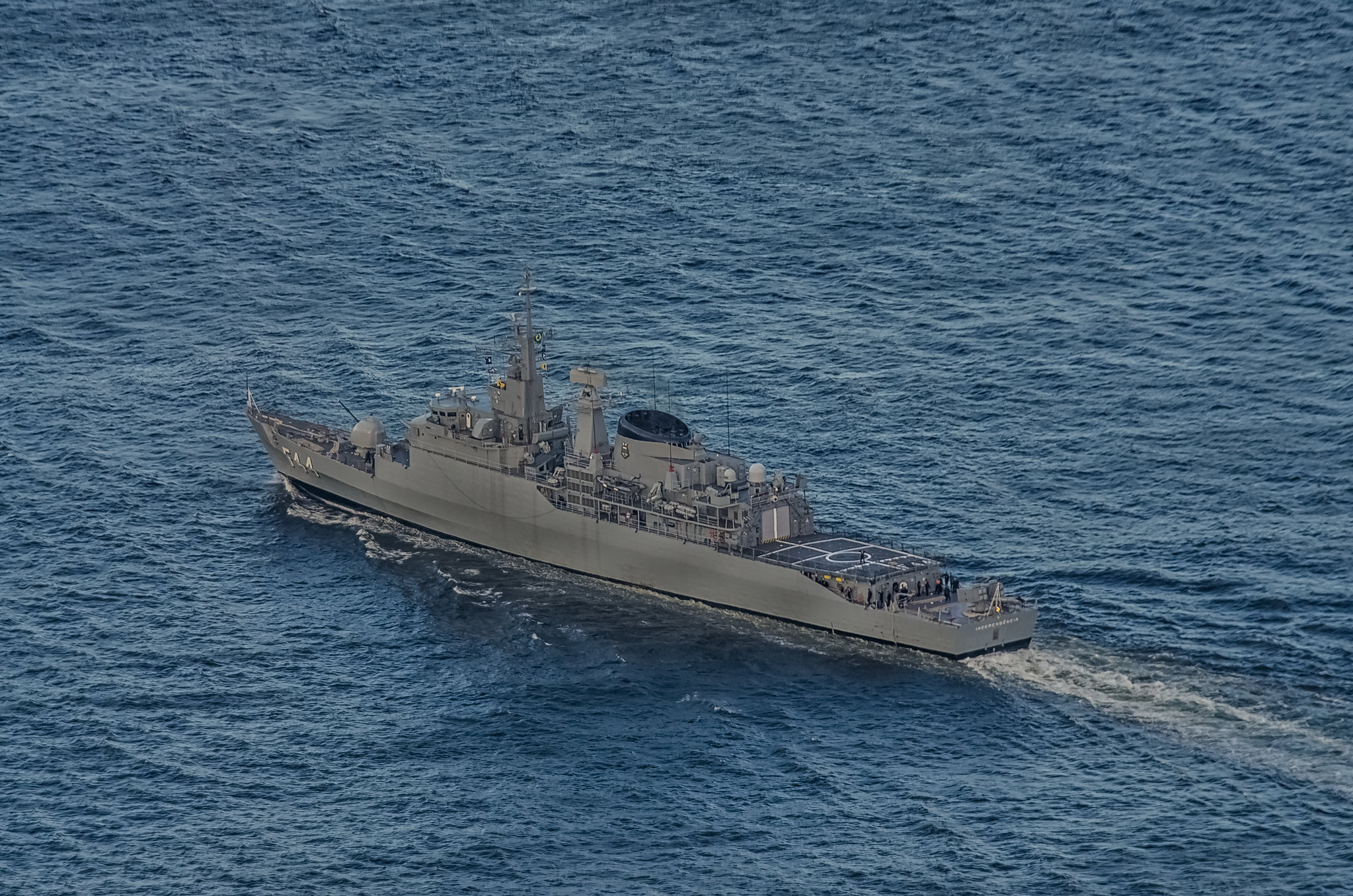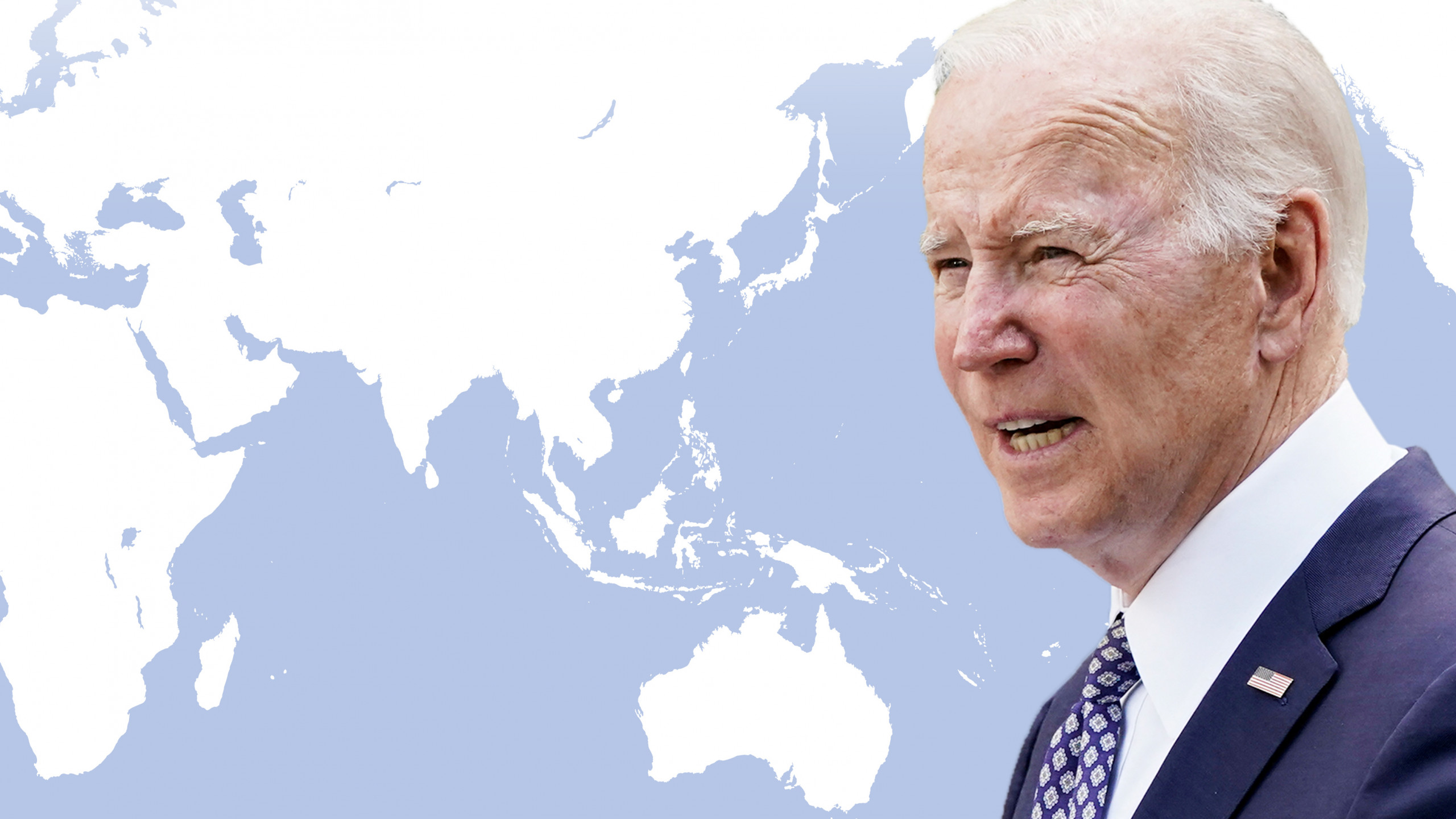The European Union and ASEAN are the two most advanced integration projects in the world, and it is in their interest to collaborate on the issue of security to strengthen multilateralism
As stated by the High Representative of the European Union for Foreign Affairs and Security Policy, Josep Borrell, speaking about the EU-ASEAN partnership, neither the European Union nor ASEAN are ready to become part of spheres of influence. For this reason, from Europe’s point of view, it is essential to promote a multilateral view of the world. Following the decision of the EU and ASEAN to increase their bilateral cooperation to the level of strategic partnership, Federica Mogherini, former High Representative of the Union for Foreign Affairs and Security Policy, commented that this decision emphasizes the strong belief of the two most advanced and successful integration systems in the world to support multilateralism and a rule-based global order. In order to strengthen block-to-block integration, efforts are also being made to increase cooperation on security. The European Union has committed itself to play a "Capacity building" role towards ASEAN countries and, in this context, it could also share its "strategy on maritime safety". Indeed, in recent years, the shared security objectives between the EU and ASEAN have been broadened to topics such as maritime security and the fight against terrorism.
Maritime safety and compliance with the law of the sea play an important role in the relationship between the European Union and ASEAN. Stability in the South China Sea is vital for the economic interests of the European Union in the region. In fact, almost 40% of the European Union’s foreign trade passes through those waters. For this reason, the EU has always encouraged a constructive debate between China and the ASEAN countries interested in territorial disputes, in order to find an effective Code of Conduct. However, no agreement has yet been reached. In the latest "Brussels' Indo-Pacific strategy paper" drawn up by the Council of the European Union on 16 April 2021, it is written that the Council of the European Union notes with concern the dynamics that have been created in Indo-pacific and which have given rise to intense geopolitical competition that adds up to the increasing tensions over trade and supply chains as well as in the areas of technology, policy and security. In the last period, the European military presence in the region has also increased. Until a few months ago France was the only member state of the EU to have sent military ships in the area. However, this August also a German military reached the area, officially there for a UN mission to supervise North Korea. Now it may soon be the turn of the Netherlands, while the EU is about to release its Indo-Pacific strategy.
Also the exchange of military technologies is part of the security dimension of the relationship between the EU and ASEAN. For example, of the approximately 124 billion investments announced by the Ministry of Defence in Indonesia in five years, which is three times the budget normally allocated by Jakarta, a large part is for European defence producers. Indonesia has in fact decided to buy 8 military ships from Fincantieri, an Italian public building company engaged in the naval field. Of these 8 military ships, 6 will be constructed ex-novo by Fincantieri while the other two are ships "in retirement" of the Italian Navy and so they will be renewed. As also Fincantieri has declared, this agreement is not only advantageous from an economic point of view but is also of extreme importance for the collaboration between Italy and Indonesia in a strategic area like the Asia Pacific. In addition, Indonesia also decided to buy 36 French military fighters. Many European countries, in fact, see Southeast Asia as a promising market for the sale of armaments and military technologies.






